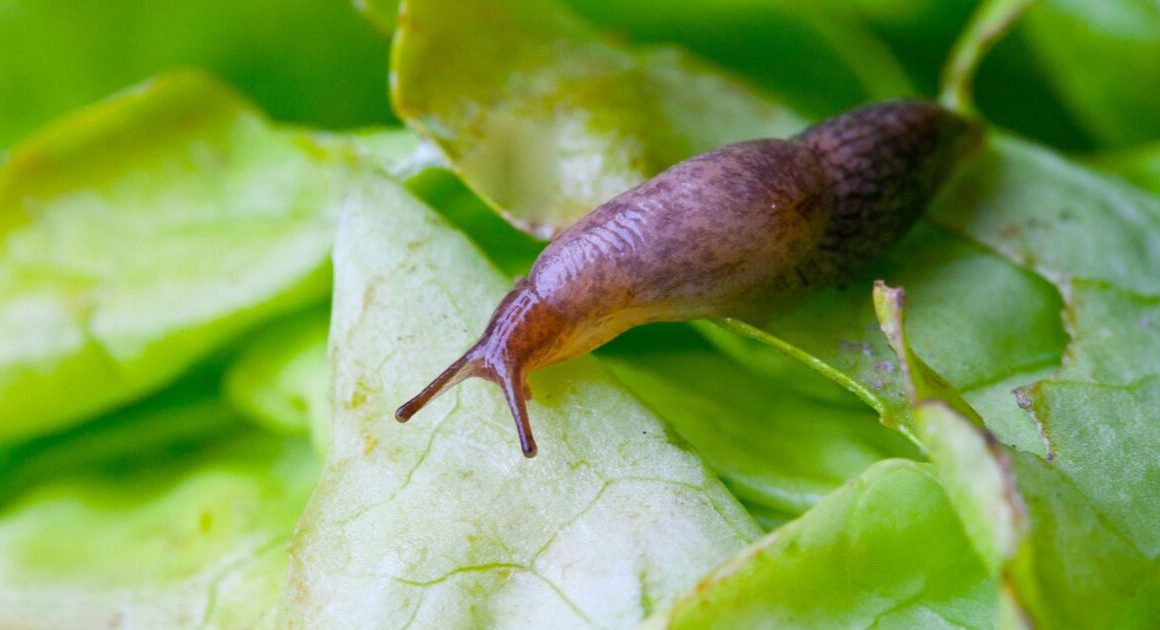Brits are being warned to be vigilant as cases of an “unpleasant” winter bug have soared 116% above the usual levels for this time of year. The latest data from the UK Health Security Agency (UKSA) reveals a significant spike in norovirus cases between January 20 and February 3.
In England, the number of laboratory reports for norovirus was more than double (116.7%) the five-season average for the corresponding two-week period.
Additionally, there was a 17.4% rise in cases compared to the preceding fortnight.
The NHS in England is already feeling the strain with high levels of the illness reported.
At the beginning of February, an average of 961 hospital patients per day were recorded as having norovirus.
This has led to drastic measures such as the closure of three wards at a London hospital to contain the outbreak. Professor Arlene Wellman, group chief nurse at St George’s Hospital, said: “Once norovirus enters a hospital, it can rip through our wards like wildfire, making patients even sicker.”
Health authorities in Ireland are also on alert, with the Health Service Executive (HSE) reporting: “Norovirus, a very common cause of gastroenteritis, is currently circulating at high levels in the community and these levels are likely to continue for the next number of weeks.”
Norovirus, also known as the “winter vomiting bug,” is a highly infectious disease that spreads easily through contaminated faeces. People often catch it if they don’t wash their hands adequately after using the toilet.
You can get infected by coming into close contact with someone carrying the virus, touching contaminated surfaces or objects and then your mouth, or consuming food prepared by someone who has norovirus. Contaminated water or food are also risky.
The NHS warns that symptoms of norovirus typically appear “suddenly” and may include nausea, vomiting and diarrhoea. Other possible indicators of the illness are a high fever, headaches, abdominal cramps, and general aches.
The health service advises that anyone experiencing these symptoms should stay away from school, work, hospitals, and care homes for 48 hours after the symptoms subside to prevent spreading the virus.
Most people start feeling better within two or three days, with staying hydrated being vital to recovery. The NHS emphasises: “The most important thing is to have lots of fluids to avoid dehydration.”
Besides self-isolating when ill, the NHS outlines several measures to curb the contagion’s spread, recommending individuals:
- After using the toilet or changing nappies, wash your hands with soap and water (alcohol hand gels do not kill norovirus)
- Before preparing, serving or eating food, wash your hands with soap and water.
- Wash clothes and bedding that has faeces or vomit on it at a 60C wash and separately from other laundry
- Clean toilet seats, flush handles, taps and bathroom door handles
- Avoid contact with others as much as possible.
If you or your child have diarrhoea for more than seven days or vomiting for more than two days, you should call 111.












